Despite their carbohydrate and natural sugar content, scientific studies consistently indicate that fruit can be instrumental in maintaining a healthy body weight.
One key reason is that the fibre and water in fruits can extend the feeling of fullness, helping you consume fewer calories overall, thus aiding in weight loss. Additionally, fruits are typically low in calories, making them a great substitute for higher-calorie snacks, which can help you achieve a calorie deficit.
Other elements may contribute as well. The fibre and antioxidants in fruits can influence the gut microbiome in a way that guards against weight gain, and certain nutrients in fruits may help protect against obesity.
Top Fruit for Weight Loss: Apples
Apples are often hailed as the best fruit for weight loss for several reasons. A large apple contains 5 grams of fibre, a combination of soluble and insoluble types. Soluble fibre, in particular, helps manage appetite by slowing down digestion, keeping you fuller for longer periods. This can help reduce overall food intake and support weight loss.
Moreover, apples take longer to chew, which can enhance feelings of fullness. They also draw water into the colon, which can further reduce appetite and the desire to eat later on. A 2015 study revealed that individuals who regularly ate apples were 30% less likely to be obese compared to those who did not.
Fruits are an excellent choice for anyone looking to lose weight, and while all fruits have benefits, certain varieties stand out for their weight-loss properties.
-
Blueberries
Rich in antioxidants known as flavanols, particularly anthocyanins, blueberries have been linked to minimal weight gain over time. Studies among female twins indicated that those who consumed more blueberries were leaner than those who ate fewer.
-
Watermelon
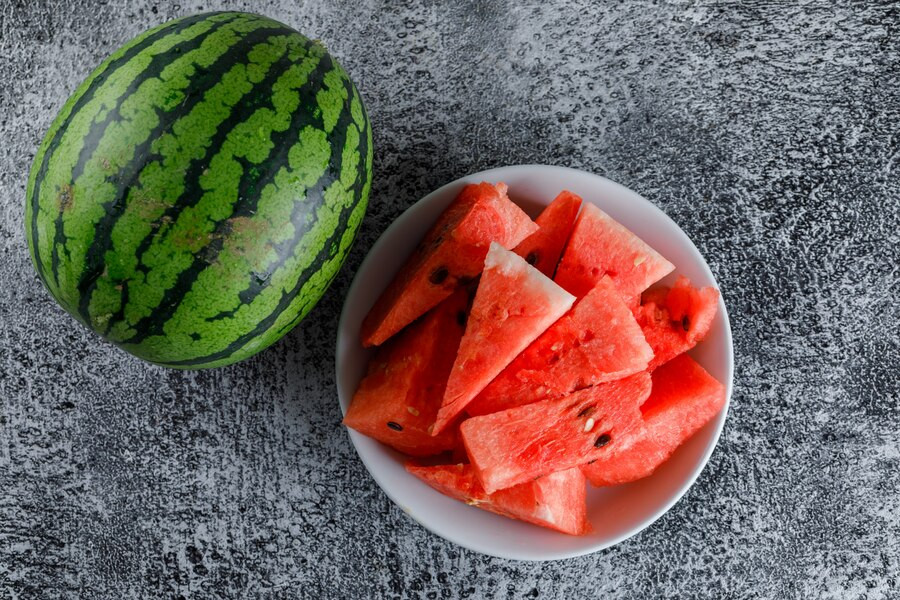
A study comparing watermelon to a cookie snack found that watermelon eaters experienced less hunger, greater satiety, and significant weight loss despite both snacks having equal calorie counts.
-
Avocado
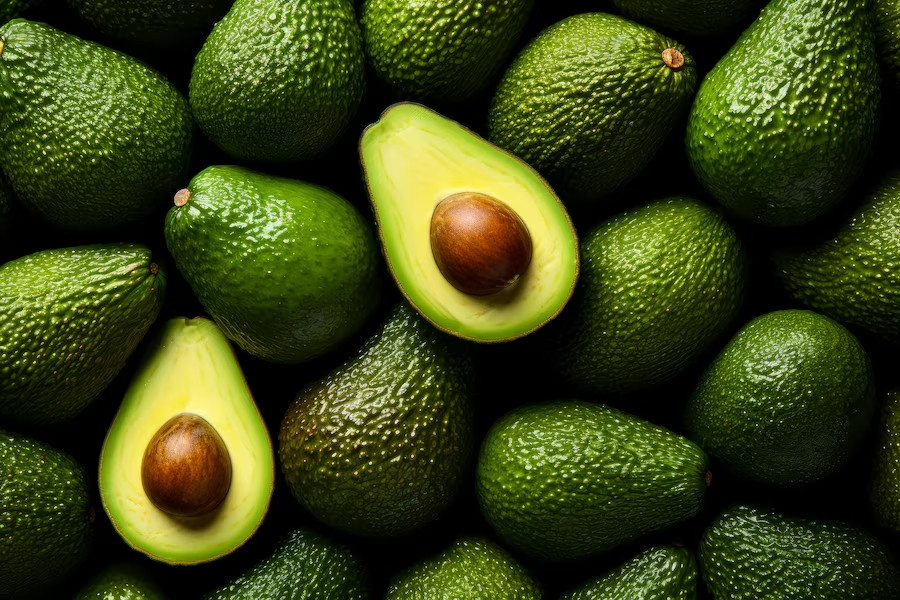
Though high in fat, avocados can aid in weight loss. A 2013 study showed that adding half an avocado to lunch increased satiety and reduced the desire to eat by 28% over the following five hours compared to meals without avocado.
-
Cherries
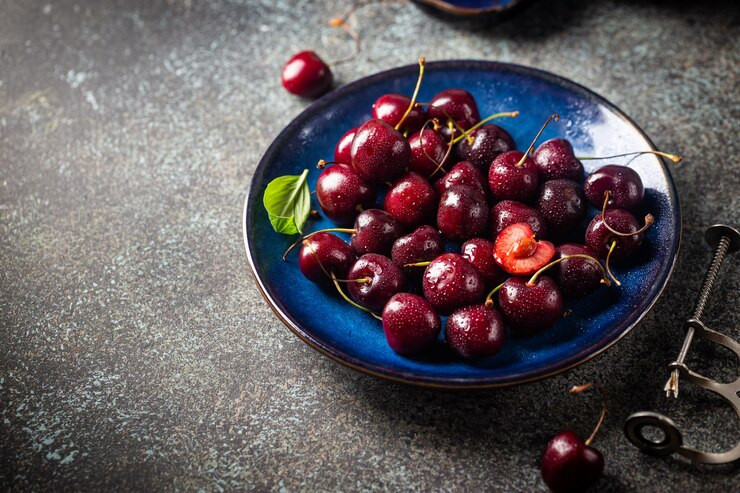
The fibre and polyphenols in cherries help mitigate obesity risk factors and promote better sleep, which is crucial for weight management. Regular sleep deprivation is linked to increased obesity risk, as it affects appetite-regulating hormones and increases cravings. Both tart and sweet cherries have been associated with improved sleep, aiding weight loss.
-
Kiwi
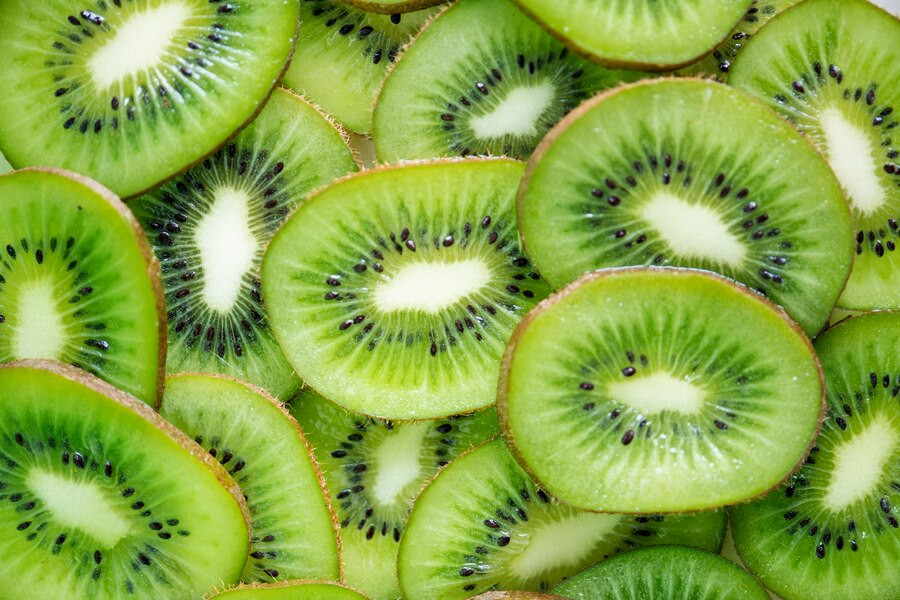
Consuming kiwis before bed has been shown to enhance sleep quality, reduce the time to fall asleep, and extend sleep duration, all of which can facilitate weight loss. A study found that eating two kiwis daily for six weeks resulted in significantly reduced body fat among overweight and obese young adults.
-
Grapefruit
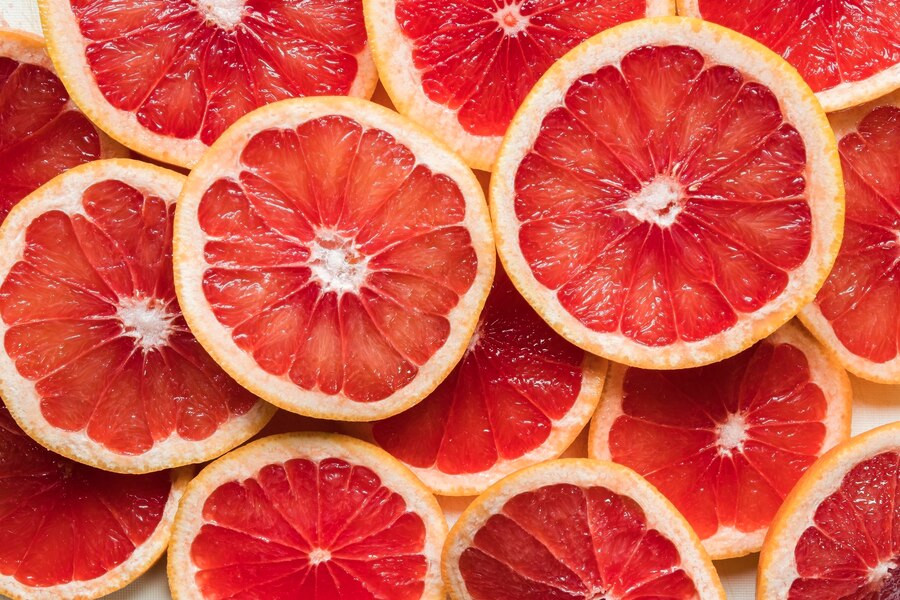
Known for its weight loss benefits, a 2006 study indicated that eating half a grapefruit before meals led to significant weight loss. Another study associated grapefruit consumption with lower body weight, BMI, and waist measurements.
-
Mango
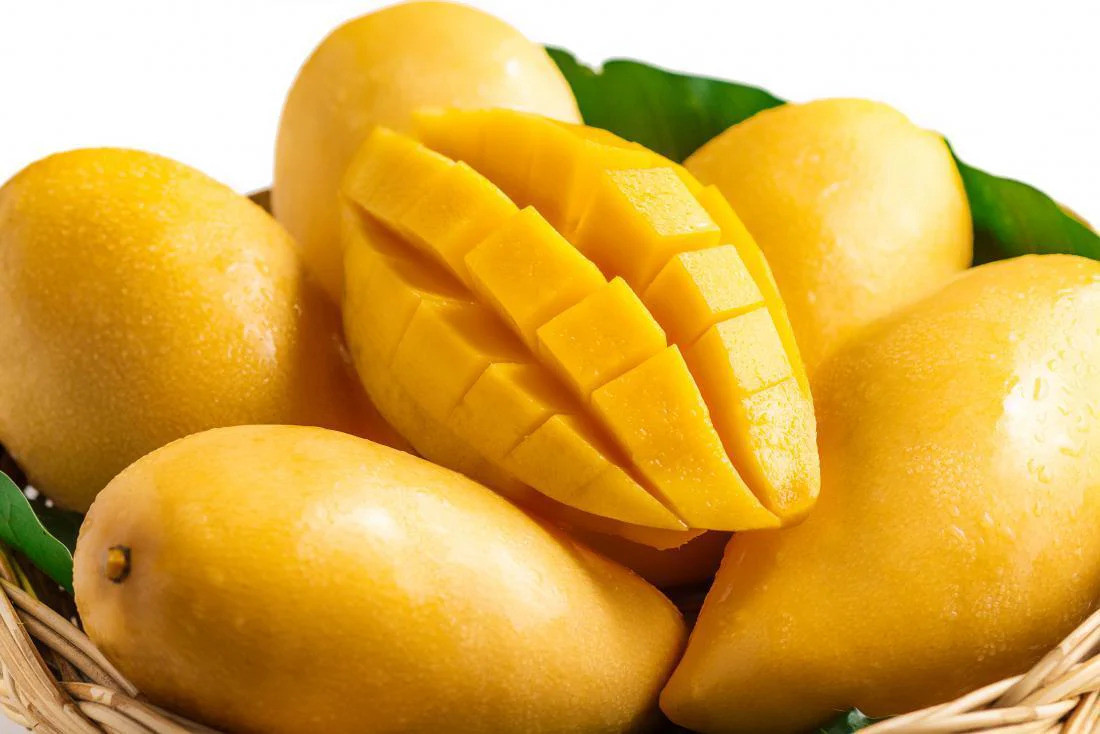
Regular mango consumption has been linked to lower body weight, BMI, and waist measurements among men. Mangos also improve diet quality with higher levels of essential nutrients, including fibre and vitamin C, which aid in weight loss.
-
Raspberries
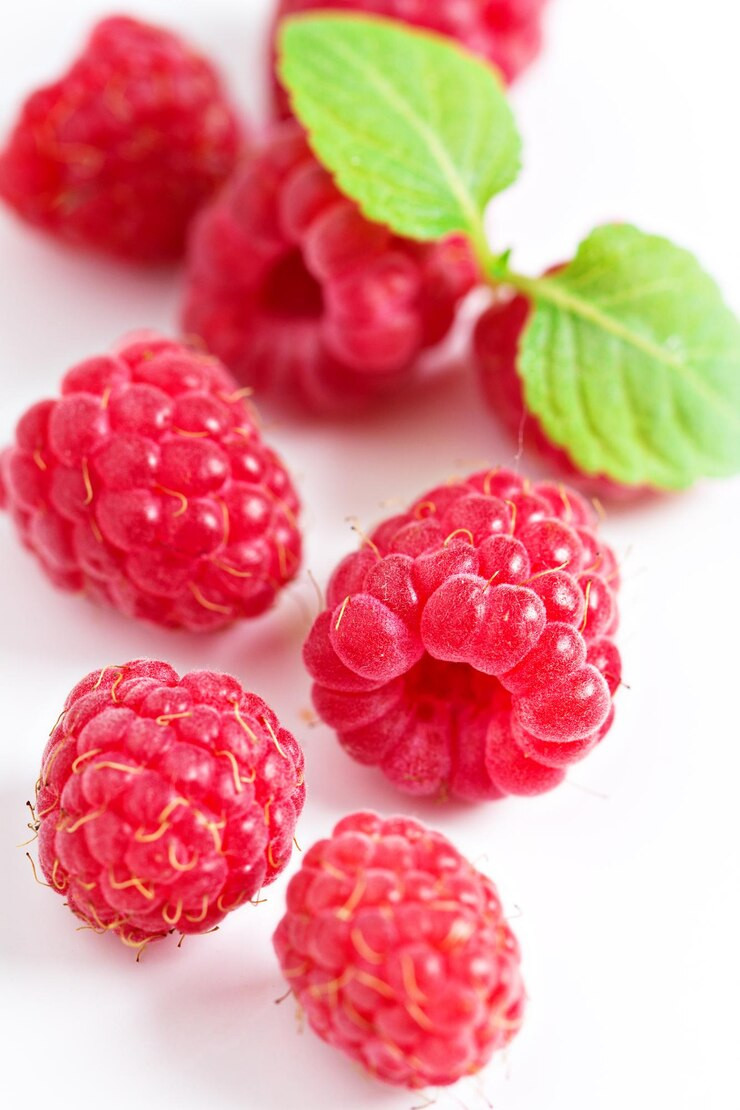
Packed with polyphenols and fibre (5 grams per half cup), raspberries enhance satiety and promote a healthy gut microbiome, aiding weight management.
-
Oranges
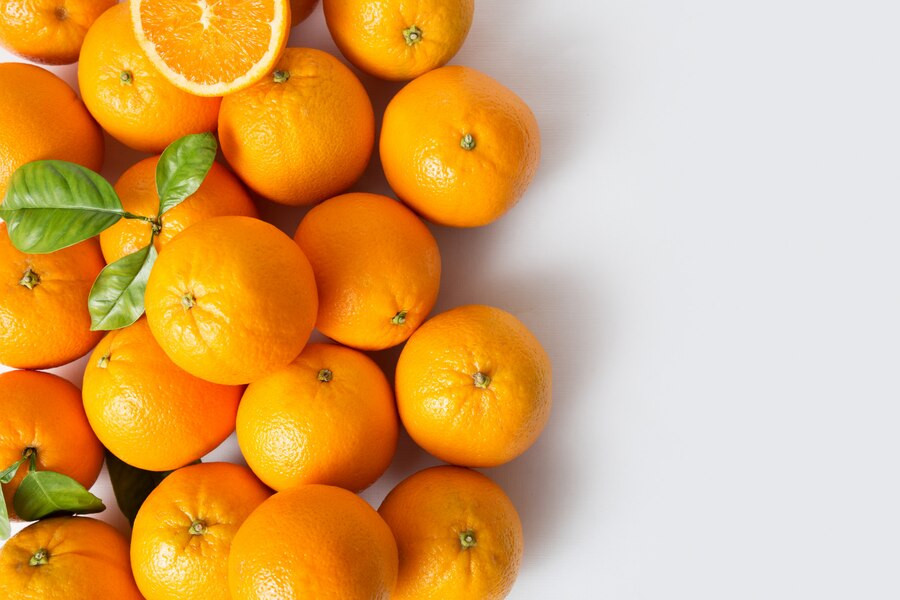
High in vitamin C and fibre, oranges support weight loss. Higher vitamin C intake is associated with lower BMI and body weight.
-
Bananas
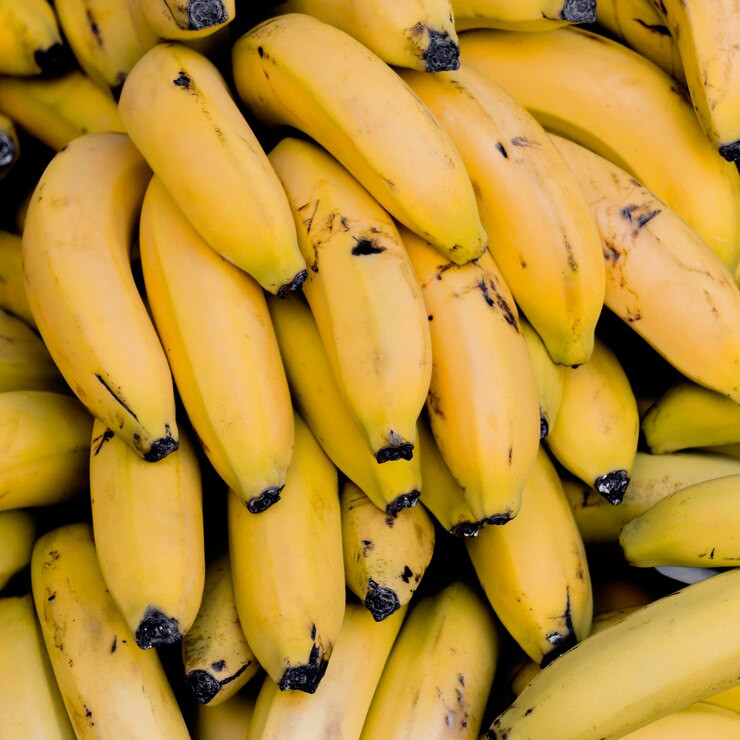
Despite their carbohydrate content, less ripe bananas are rich in resistant starch, which enhances fullness and supports a healthy gut microbiome, aiding weight management.
-
Pears
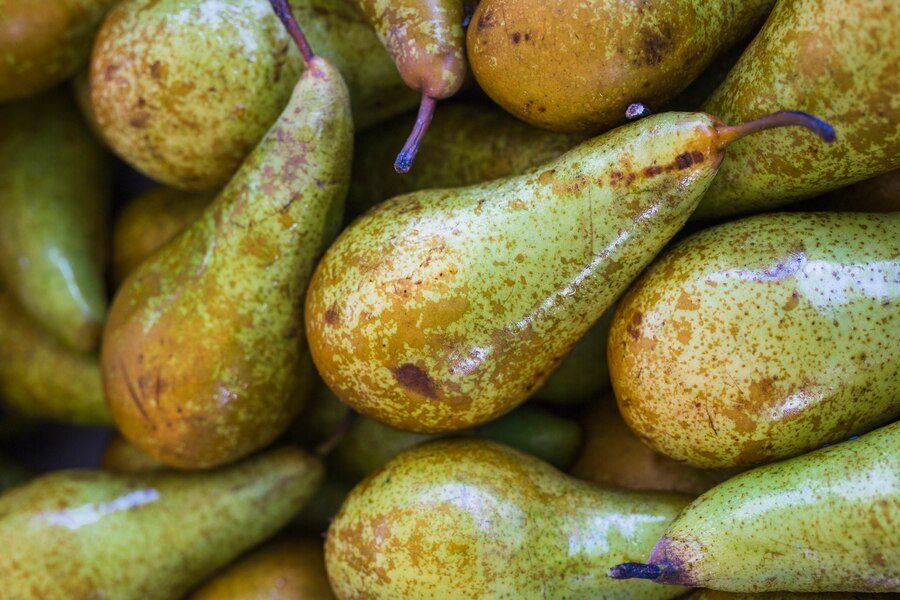
With nearly 6 grams of fibre, pears promote fullness and weight loss. A study found that consuming two pears daily led to significantly lower waist measurements compared to pear juice.
-
Pomegranates
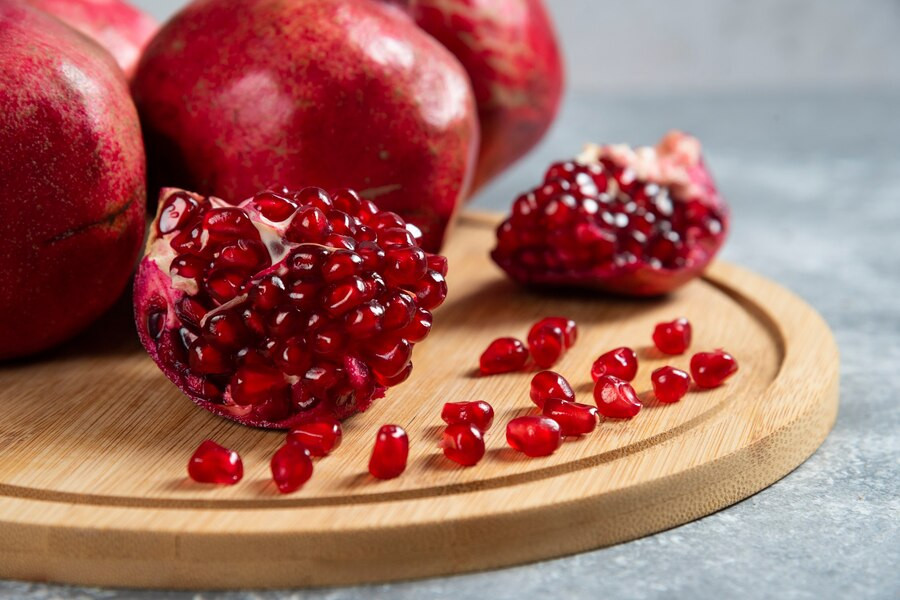
Half a cup of pomegranate seeds offers nearly 4 grams of fibre and is rich in polyphenol antioxidants, which may combat obesity and promote fat breakdown.
-
Blackberries
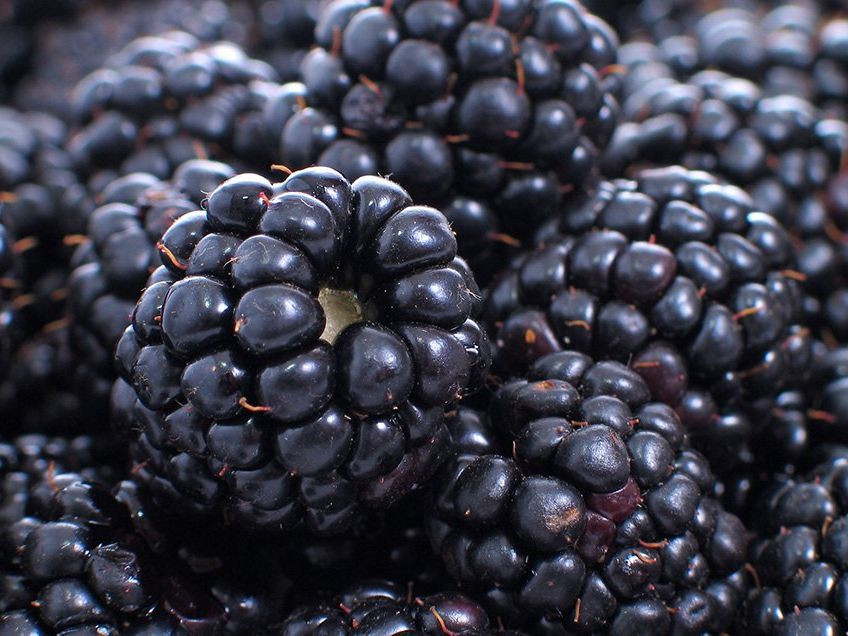
High in fibre, blackberries help promote fullness and fat breakdown, aiding in weight management and preventing weight gain.
-
Dates
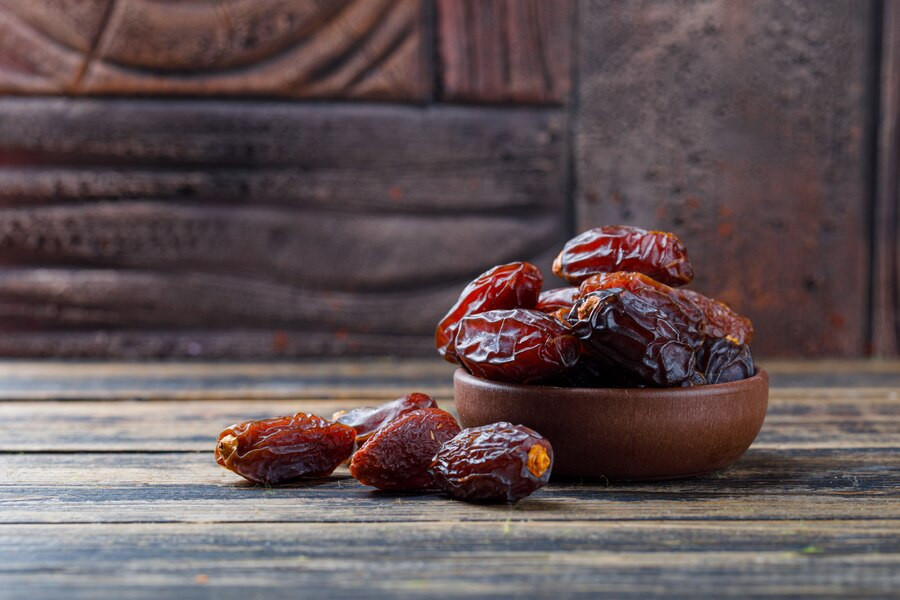
Despite their sweetness, dates can be part of a weight loss plan. They provide a healthier alternative to high-calorie processed sweets and have a low glycemic index, which may reduce body fat deposition and assist in weight management.
Can You Eat Too Much Fruit?
While most people do not consume enough fruit, it’s important to note that overeating can still be an issue if it leads to exceeding calorie requirements. The overall quality of the diet and maintaining a calorie balance are crucial for weight management.
Fruits to Moderate for Weight Loss
While fruit generally supports weight loss, dried fruit and 100% fruit juice can be exceptions. Dried fruit, due to its reduced water content, is easier to overeat. A healthy portion is ¼ cup, equivalent to ½ cup of fresh fruit. Similarly, excessive consumption of fruit juice can lead to weight gain due to its lack of fibre and ease of overconsumption.
Fruit Detoxes & Weight Loss
Fruit detoxes are not recommended for weight loss. They are too restrictive, lack essential nutrients, and are unsustainable.
Instead, focusing on a balanced diet with whole foods, adequate sleep, and physical activity is the best approach.

